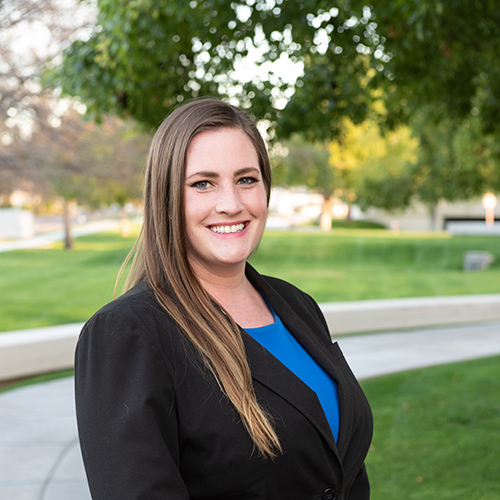This article is designed to explain the role of a Judge Pro Tempore “JPT” and to identify how it differs from a permanent judge. It is an important distinction for accuracy and understanding of private practice and governmental service.
What is a Judge Pro Tempore?
A JPT is a temporary appointment to assist the permanent judges. They are volunteer attorneys who work part-time and pro bono, which means for the public good. When acting as a JPT, they are bound to the same code of ethics as a judge and provided with similar authority. However, a JPT is not selected the same way as a permanent judge and does not attend the same orientation, training, or conference. Further, permanent judges are not allowed to practice law. Whereas most JPTs are active in practice as attorneys. A JPT would be under the same restriction if their position is full-time. This prevents the appearance of improprieties.
To apply (at least for Maricopa County), the attorney must be 30 years or older, of good moral character, and admitted to practice in the same state for at least 5 years before the appointment. The application process is thorough. It includes discipline, background checks, experience, recommendations, and details on the number of hearings and types of practice areas.
Why use a Judge Pro Tempore?
JPTs are helpful in resolving disputes. The JPT’s qualifications are reviewed prior to appointment. This allows parties to know that the decision-maker has knowledge of the applicable law and relevant experience. Often cases resolved by a JPT will significantly reduce the costs of litigation. There is a level of flexibility in scheduling. Further, resolution is achieved much earlier. In sum, a JPT can save the parties time and money.
What do Judge Pro Tempores do?
ADR – “An ADR stands for alternative dispute resolution. This is usually a judicial settlement conference. This is a three-hour conference that is assigned to, not your judge, but a judge pro tem. They are usually an attorney or someone who has a lot of experience in family law. Their job is to help facilitate the settlement. Before you go to the ADR, you submit a confidential memorandum to that judge pro tem, outlining all of your positions. This is like your pre-trial statement.You are going to want to have all of the information that you need going into it, so again this is why discovery is so important. The other prehearing conference that you might get is a return hearing or as a status conference. That is a little more loosely defined; sometimes they take evidence, sometimes they don’t. It’s just an opportunity for you to talk to your judge—sometimes it’s telephonic, sometimes it’s in person—kind of come up with an idea of what’s gonna happen. Maybe you’re gonna set a case for trial, maybe you’re gonna go over the remaining outstanding issues etc.”
Coverage
The role of a JPT includes helping permanent judges by providing coverage. Coverage includes when the judge is unavailable for any reason, including emergencies. A JPT can assist with the judge’s calendar, preside over hearings, and assist with case overflow. As a result, the JPT helps reduce backlogs and prevent unnecessary delays.
Weddings
As with permanent judges, Judge Pro Tempores may conduct wedding ceremonies. Conducting a wedding is at the discretion of the JPT.
Brittany Labadie is the Managing Partner at Lewis Labadie. She has been working with Lewis Labadie since it opened. Her current focus is with adoption cases, including juvenile adoptions, adult adoptions, foster care adoptions, same-sex adoption, surrogacy adoptions, and when necessary termination of parental rights. She works throughout the State of Arizona.




